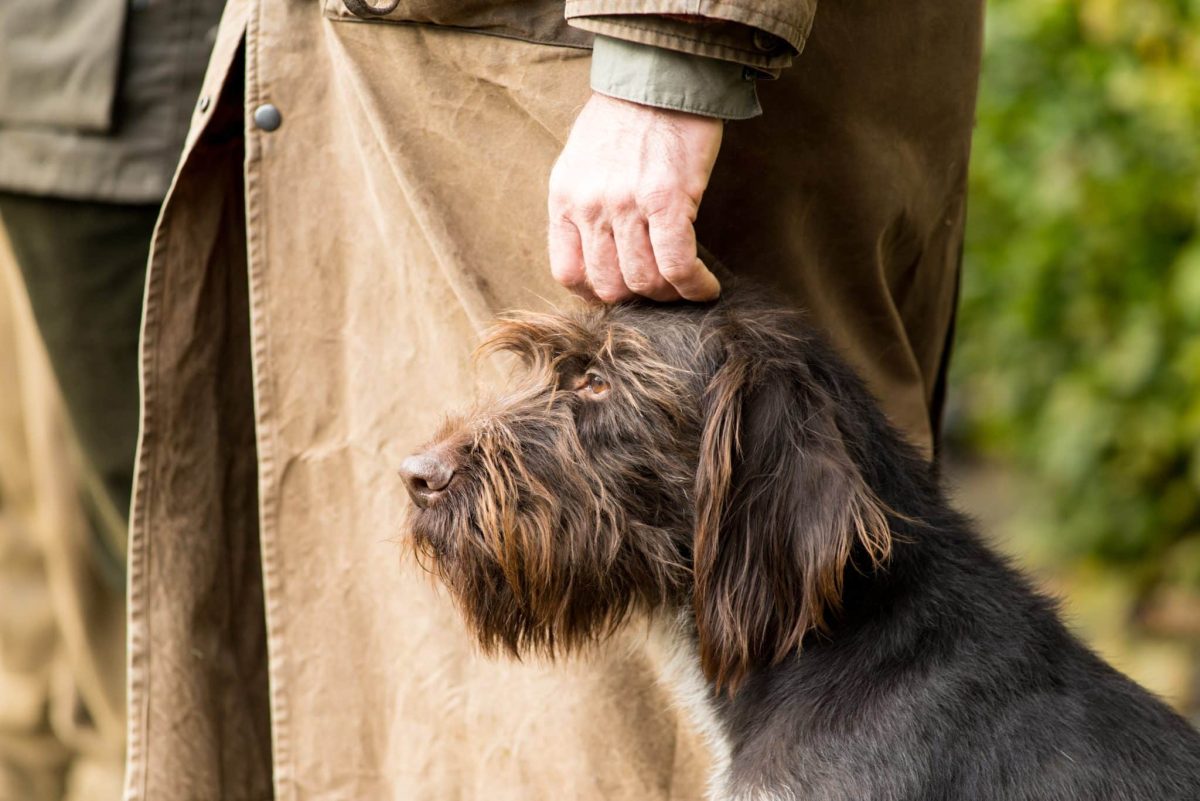 Shutterstock
Shutterstock
There’s something almost magical about the way dogs connect with their humans. Their unwavering loyalty isn’t just heartwarming—it’s deeply rooted in both biology and bonding. Whether they’re wagging their tails at the door or curling up beside you after a long day, dogs have a unique way of showing just how devoted they are. But what makes that loyalty run so deep? The answer lies in a beautiful mix of instinct, experience, and a whole lot of love.
Strong Pack Instincts
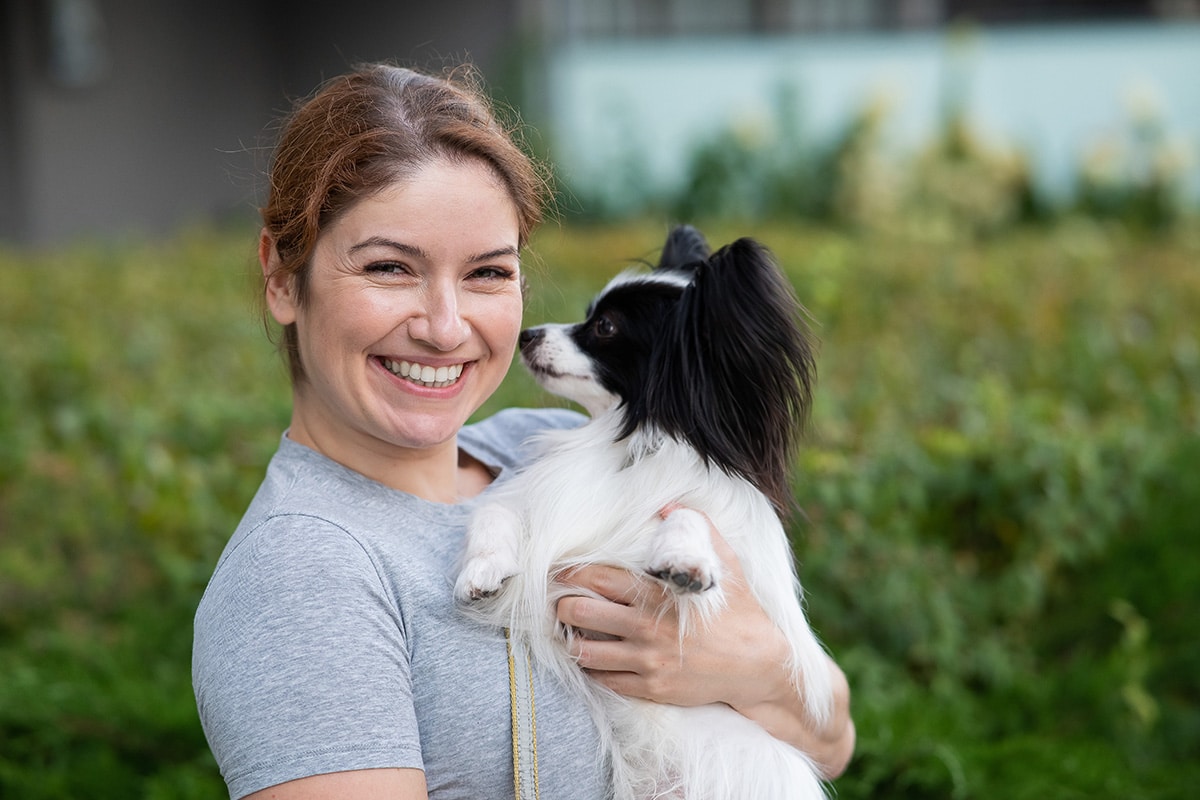 Shutterstock
Shutterstock
Dogs are naturally social animals with a strong sense of hierarchy and structure, inherited from their wolf ancestors. In the wild, survival depended on working together within a pack, where each member had a role and a responsibility to one another. When dogs become part of a human household, they carry that same instinct forward, seeing their family as their new pack. This sense of belonging creates an unbreakable loyalty—they’re not just living with you, they’re bonded to you as a teammate and protector.
Emotional Bonding Through Oxytocin
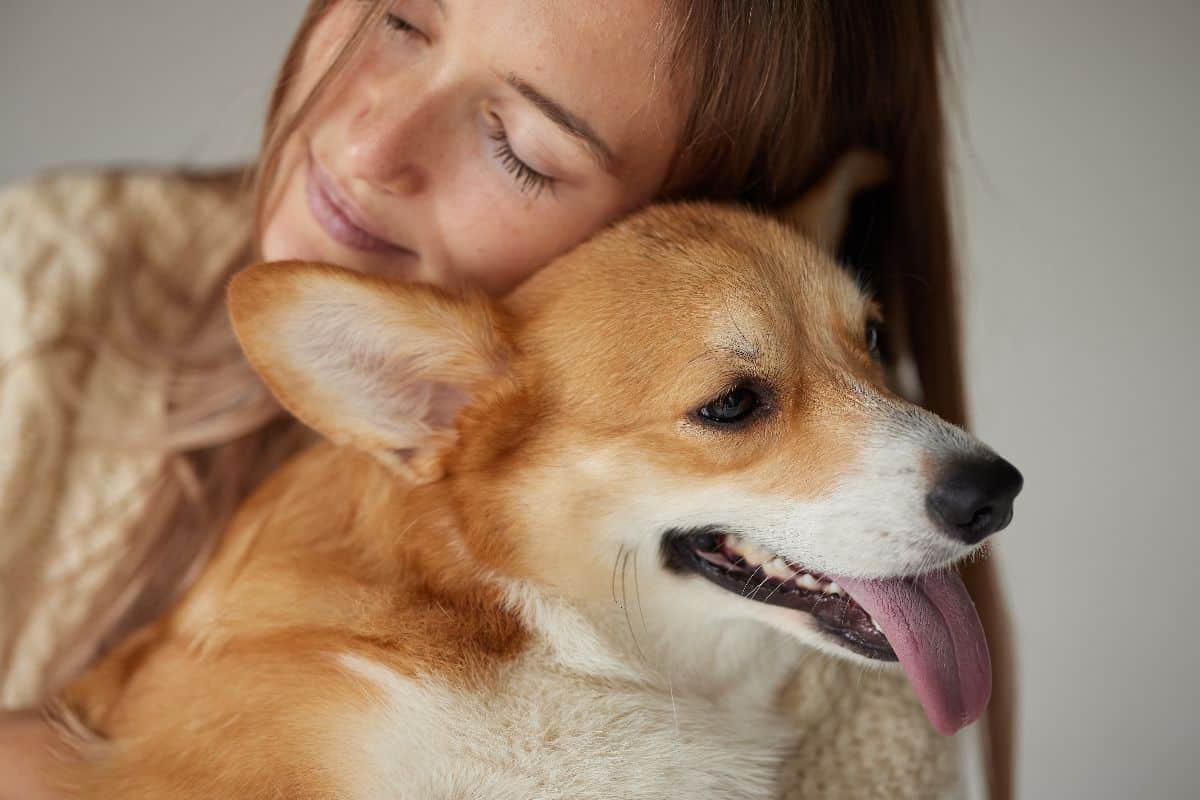 Shutterstock
Shutterstock
Every time you pet your dog, look into their eyes, or share a moment of affection, your bodies are doing something amazing: releasing oxytocin. Often referred to as the “love hormone,” oxytocin plays a key role in building emotional connections and trust. Dogs are one of the only animals that form this kind of deep chemical bond with humans. That hormonal surge strengthens their emotional attachment, making them want to stay close, comfort you when you’re down, and remain loyal throughout their lives.
Consistent Care and Affection
 Shutterstock
Shutterstock
Dogs quickly learn who feeds them, walks them, plays with them, and shows them love. This consistency creates a powerful association between you and comfort, safety, and happiness. Over time, your daily acts of care form a deep sense of trust and gratitude in your dog’s heart. It’s not just about food or treats—it’s about the emotional stability and unconditional affection you offer them every single day, which they return tenfold through unwavering loyalty.
Positive Reinforcement and Training
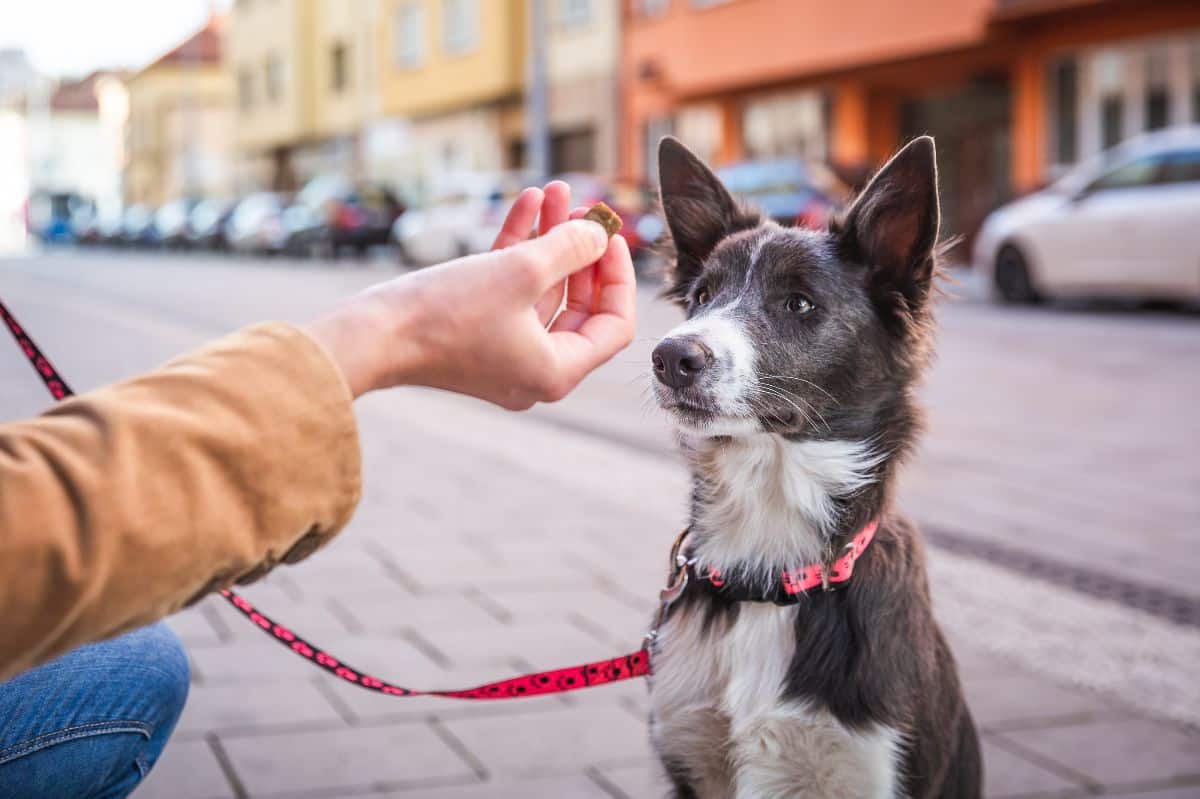 Shutterstock
Shutterstock
Training your dog goes far beyond teaching them commands—it’s a communication tool that nurtures mutual respect. Positive reinforcement methods, like praise, treats, and encouragement, show your dog that good behavior earns love and rewards. This builds a foundation of trust where your dog learns to look to you for cues and approval. Every successful training session adds another layer to your bond, strengthening their desire to stay loyal and attentive to your needs.
Protective Instincts
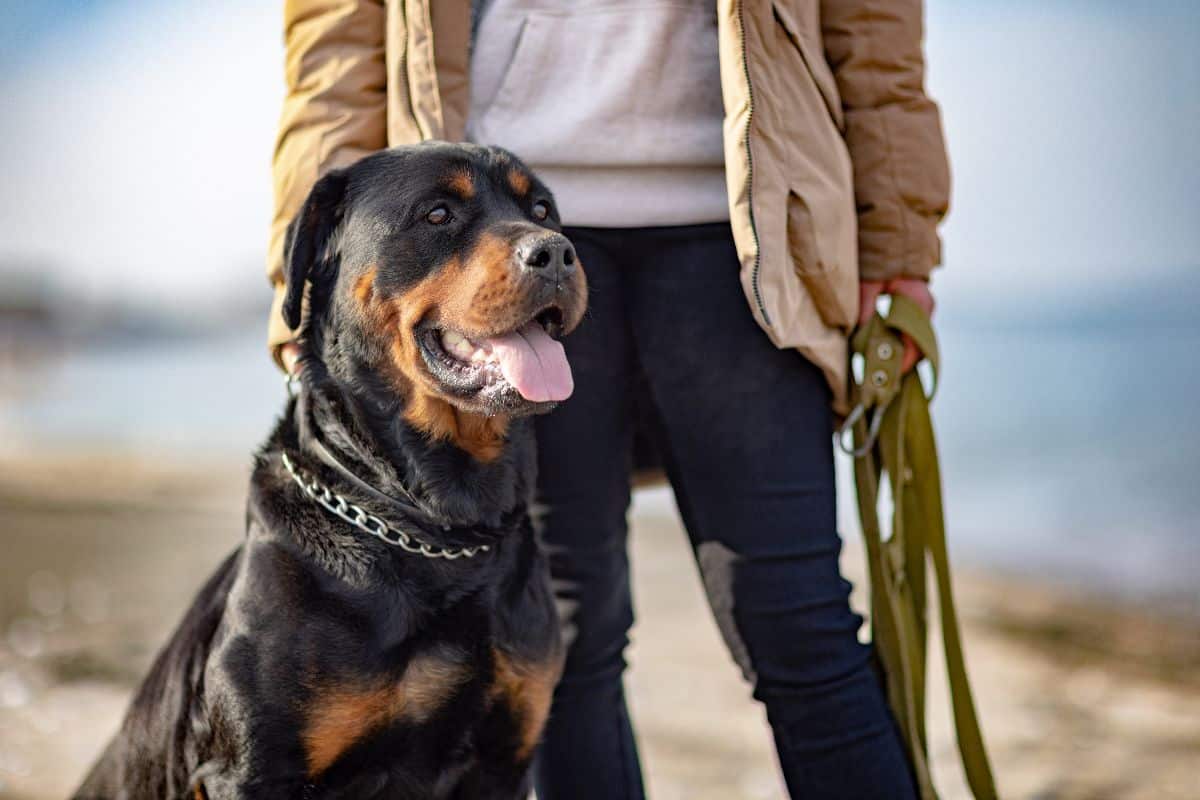 Shutterstock
Shutterstock
Many dogs have an innate drive to protect the people they love. This instinct can be traced back to their ancestral roles as guardians and hunters. When your dog hears a strange noise or senses something unfamiliar, they often react with alertness or even physical defense. This behavior stems from more than just habit—it’s rooted in a deep-seated need to keep you safe. Your dog sees you as part of their pack, and your well-being becomes their top priority, reinforcing their loyalty in powerful ways.
Dependence on Routine
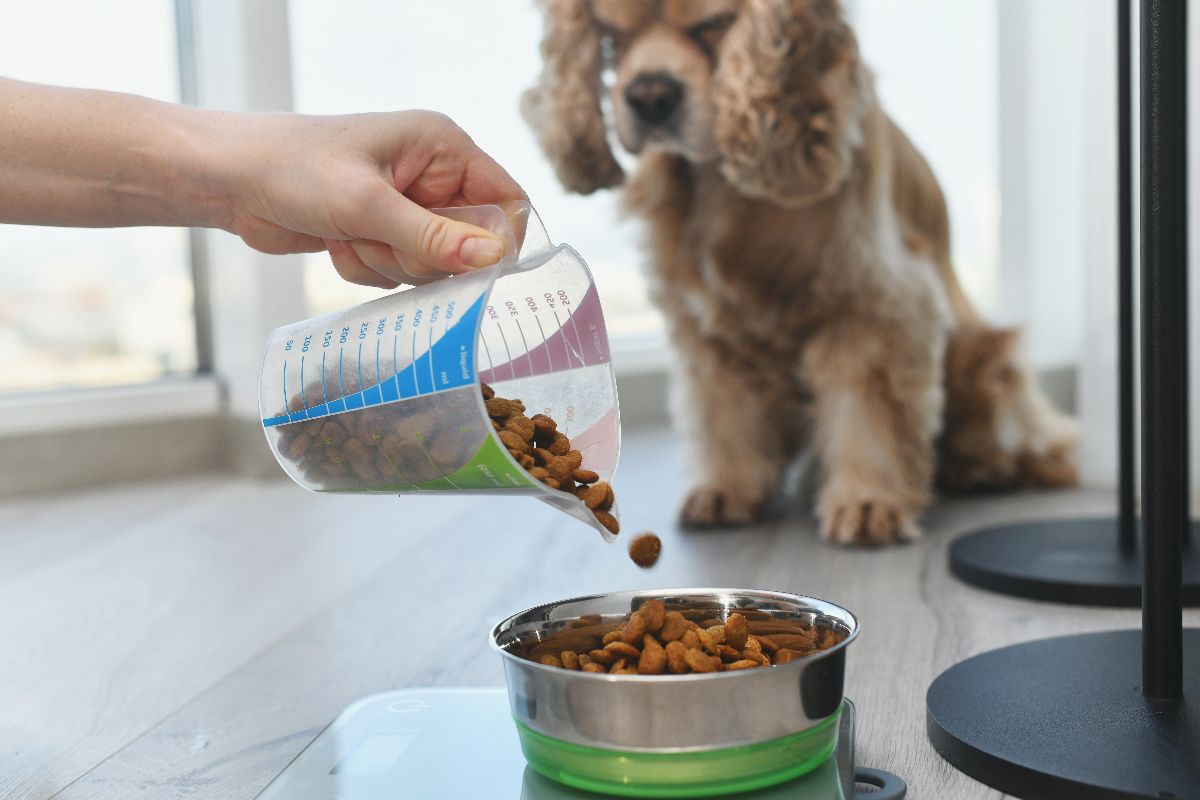 Shutterstock
Shutterstock
Dogs are creatures of habit, and they find immense comfort in routine. When you wake up at the same time, serve meals consistently, and stick to a familiar schedule, your dog learns to rely on you as the center of their world. This predictability not only lowers their anxiety but also strengthens their emotional bond with you. They associate you with structure, safety, and happiness, which makes them even more loyal and eager to stay close by your side.
Social Intelligence and Empathy
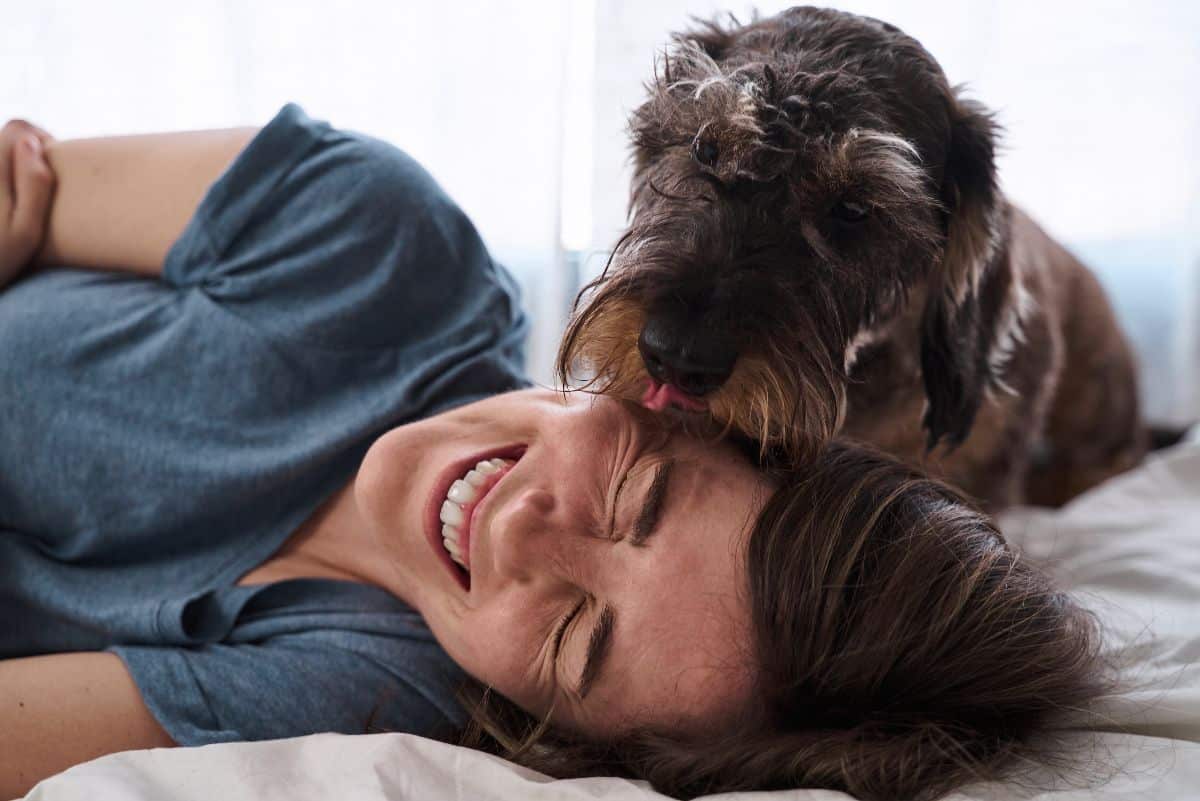 Shutterstock
Shutterstock
Dogs possess an extraordinary ability to read human emotions, often better than we give them credit for. They can sense your moods through your tone of voice, facial expressions, and body language. When you’re feeling down, anxious, or excited, your dog often responds with matching energy—whether it’s resting their head in your lap or dancing around in joy. This emotional mirroring makes dogs feel more like companions than pets, deepening their emotional loyalty and sense of connection.
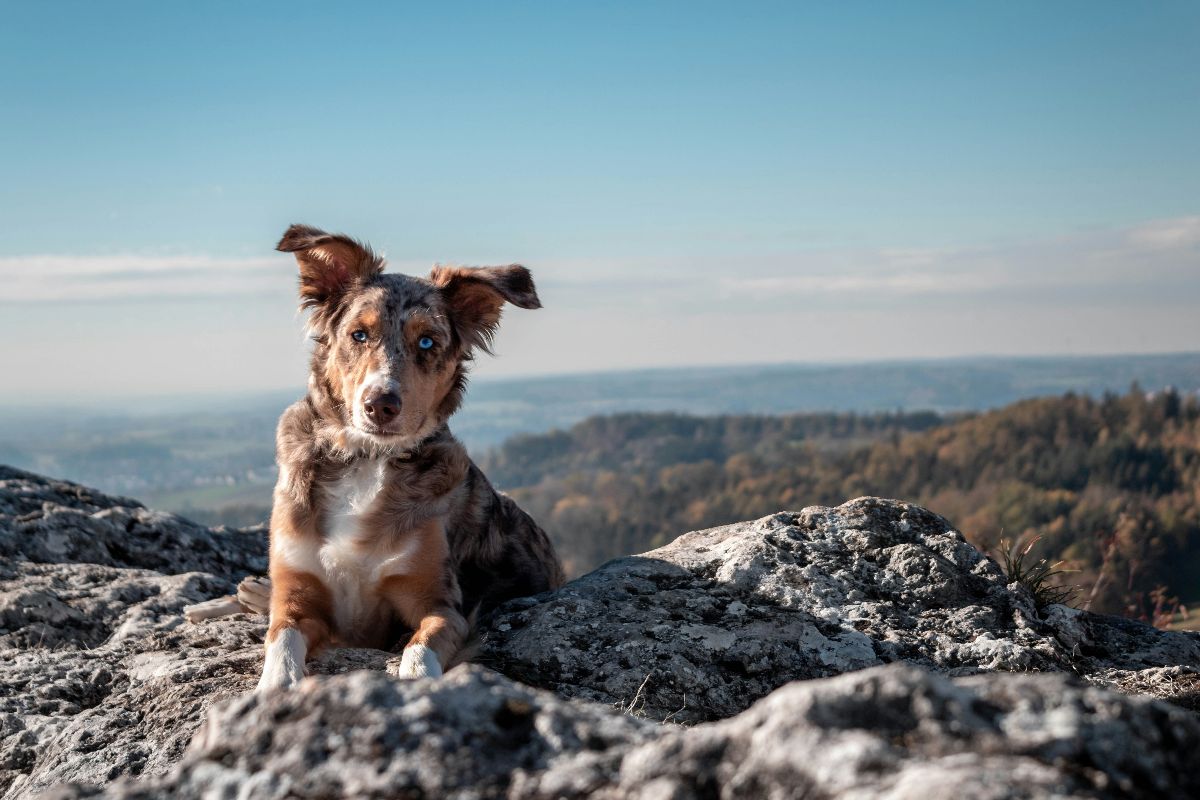 Shutterstock
Shutterstock
Every walk, trip, or shared adventure becomes a memory that strengthens the bond between you and your dog. They don’t forget the joy of sniffing new trails, running through fields, or lounging with you after a long day. These experiences create a sense of partnership and fun that reinforces the idea that you’re a team. Dogs cherish these shared moments and become even more attached as they build a library of joyful memories with you.
Mutual Dependence
 Shutterstock
Shutterstock
The bond between a dog and their human is a two-way street. While dogs depend on us for food, shelter, and safety, we often lean on them for companionship, emotional support, and love. Dogs can sense that they matter to us—that they fill a unique and irreplaceable role in our lives. This mutual dependence creates a deep emotional partnership, making their loyalty feel not just instinctive but personal and profound.
Genetic History of Companionship
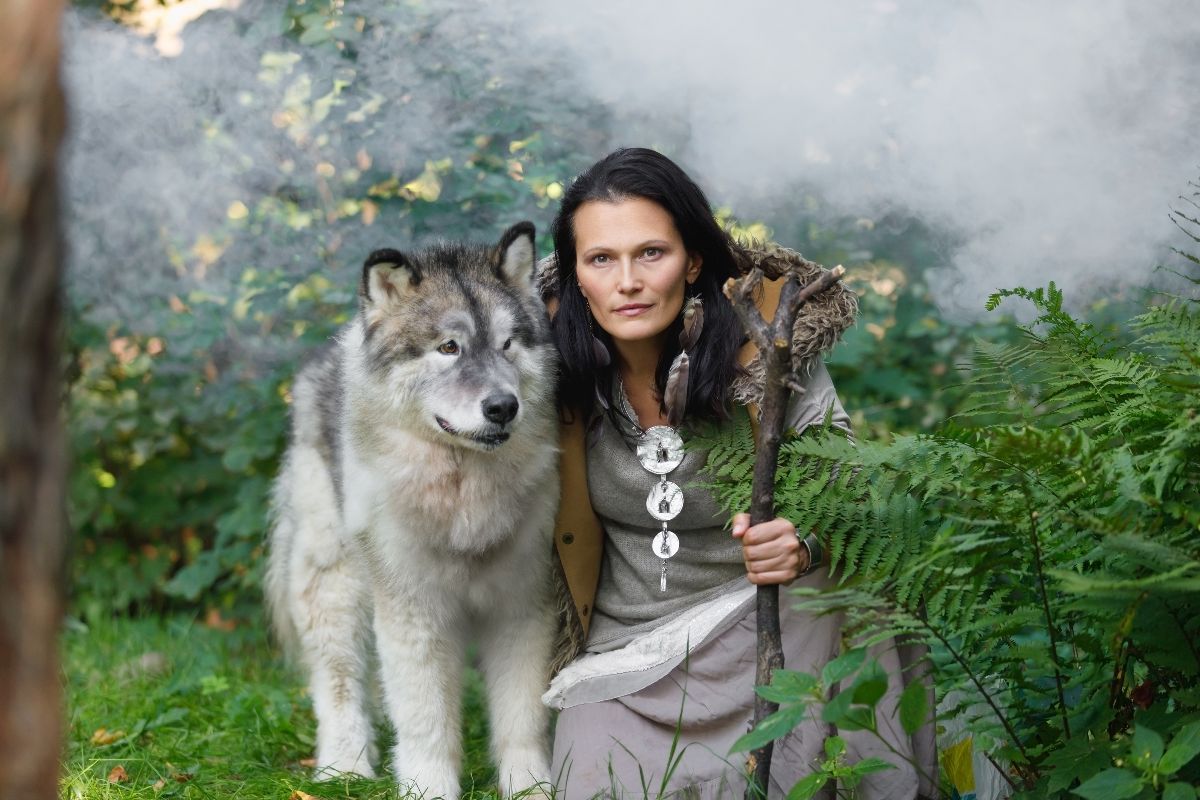 Shutterstock
Shutterstock
Over thousands of years, dogs have been selectively bred not just for physical traits, but also for temperament and companionship. Early humans chose dogs who were friendly, cooperative, and attentive, reinforcing those qualities generation after generation. As a result, today’s dogs are naturally inclined to form close relationships with humans. Their loyalty is hardwired—it’s literally in their DNA to bond with us, live beside us, and protect us as if we were one of their own.
Recognition of Your Scent and Voice
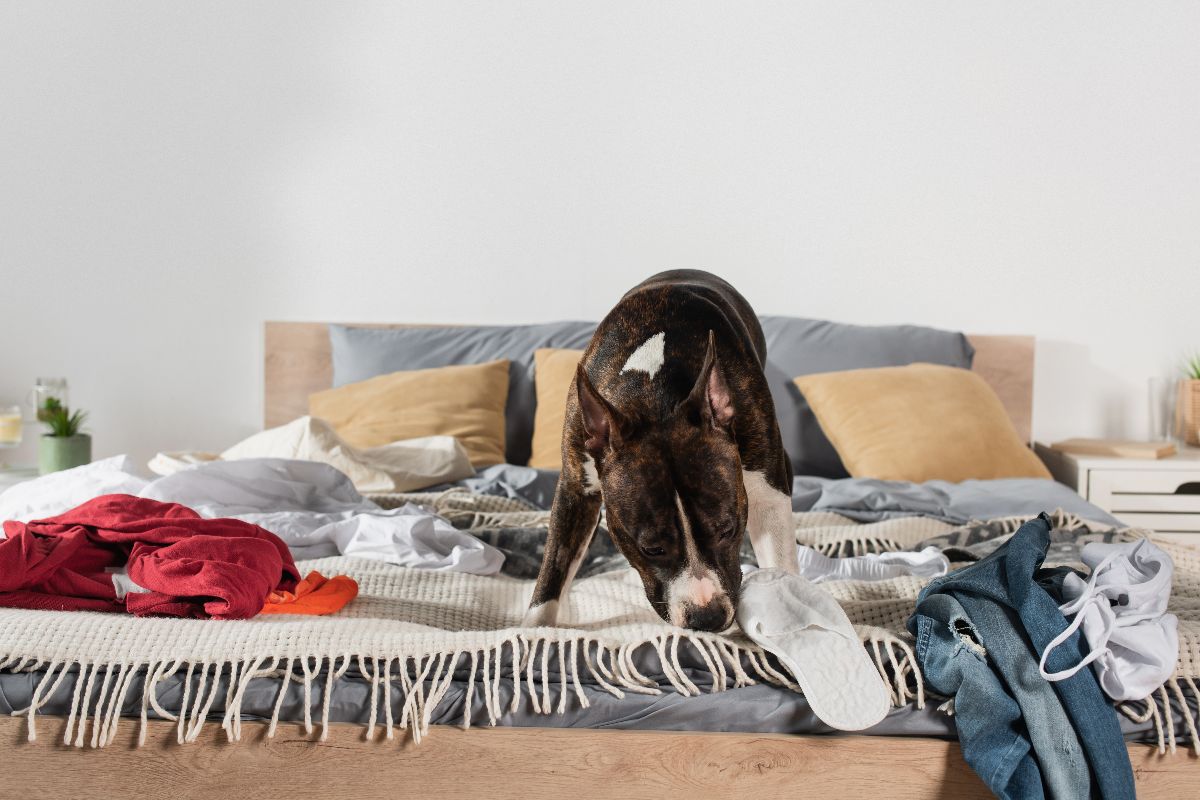 Shutterstock
Shutterstock
One of the most remarkable things about dogs is their ability to recognize their favorite humans by scent and sound alone. A dog’s sense of smell is tens of thousands of times more powerful than ours, and they can detect your scent even after you’ve left a room. Similarly, your voice is comforting and familiar to them, like a favorite song they never tire of hearing. These powerful senses help keep you anchored in their world, further reinforcing their loyalty every time they hear or smell you.
Nonverbal Communication
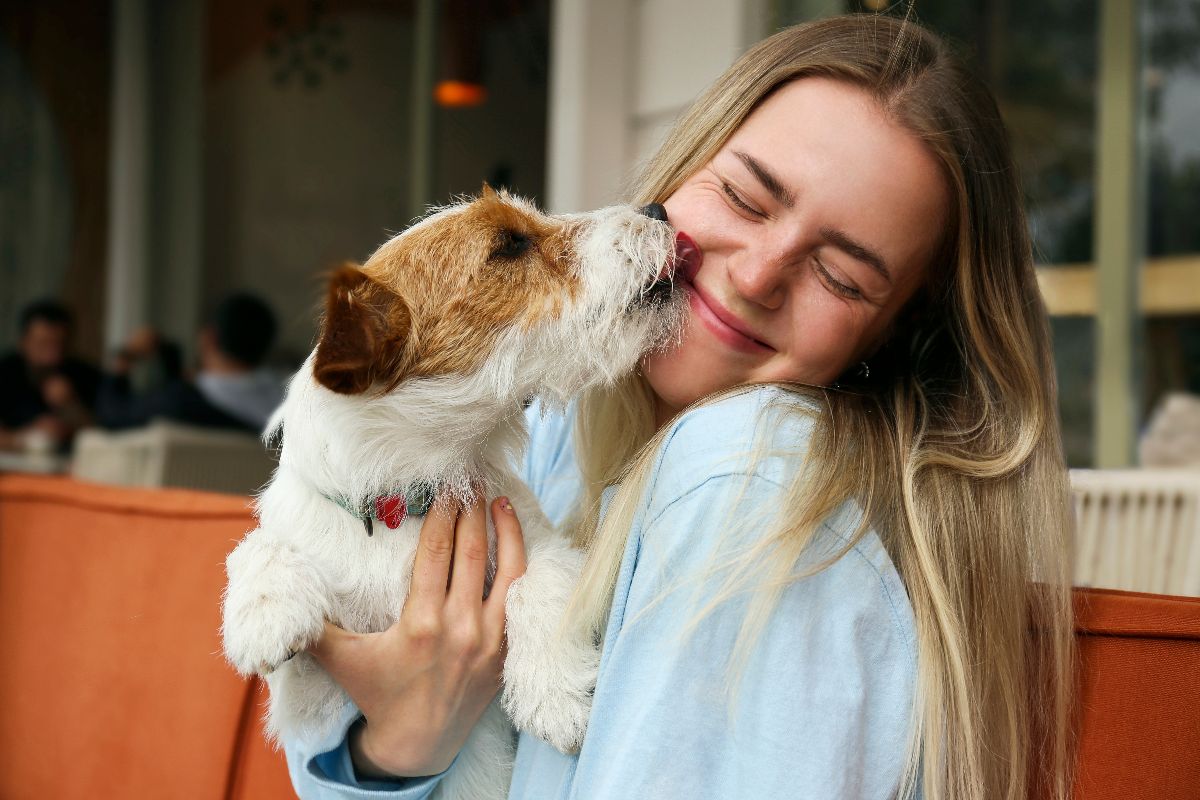 Shutterstock
Shutterstock
Dogs are masters of understanding subtle signals. They can pick up on your mood with a glance, respond to your body language, and anticipate your needs before you say a word. This silent, intuitive connection builds a sense of closeness and trust that goes beyond basic obedience. When your dog understands you without needing commands, it deepens the emotional bond and loyalty they feel toward you in a beautifully effortless way.
A Deep Desire to Please
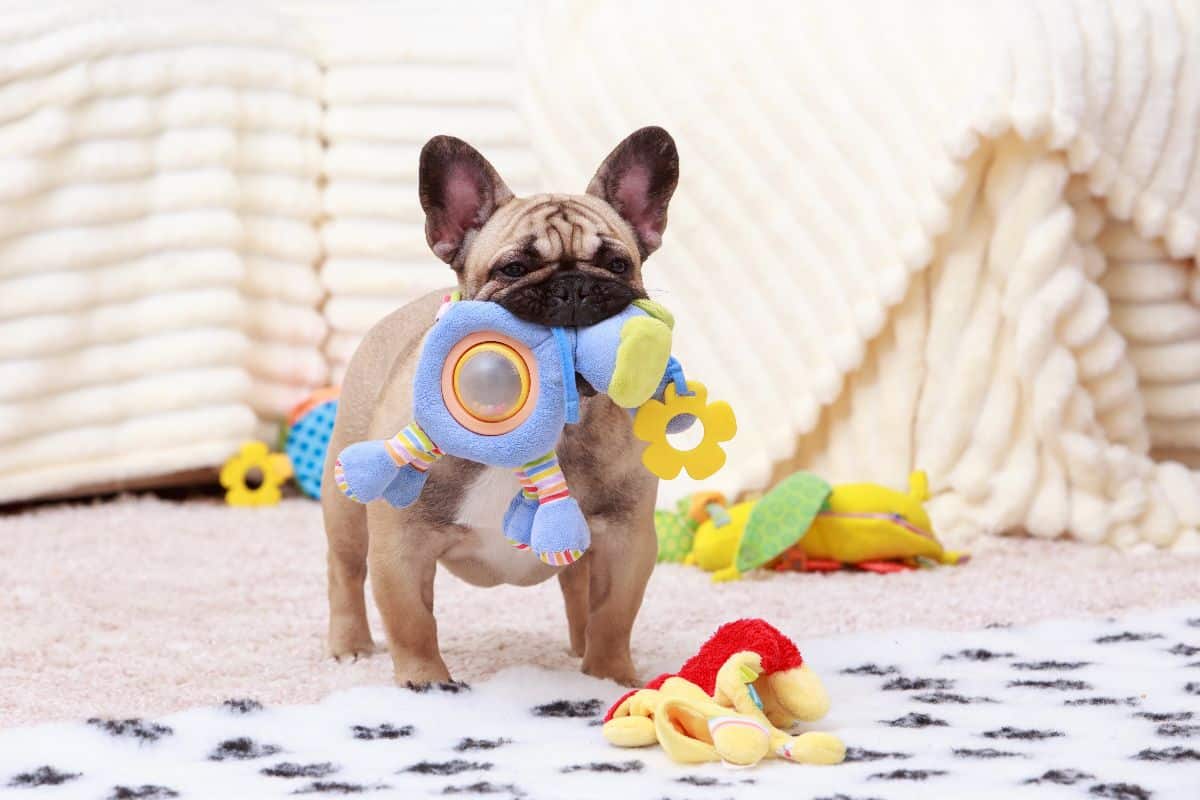 Shutterstock
Shutterstock
At the heart of a dog’s loyalty is a simple truth: they just want to make you happy. Dogs often measure their own happiness by yours, which is why they work so hard to earn your smiles and affection. Whether it’s obeying a command, cuddling when you’re tired, or bringing you a favorite toy, they live to see your joy. That powerful desire to please drives their loyalty in ways that feel pure, sweet, and entirely sincere.
Loyalty, Love, and Lots of Tail Wags
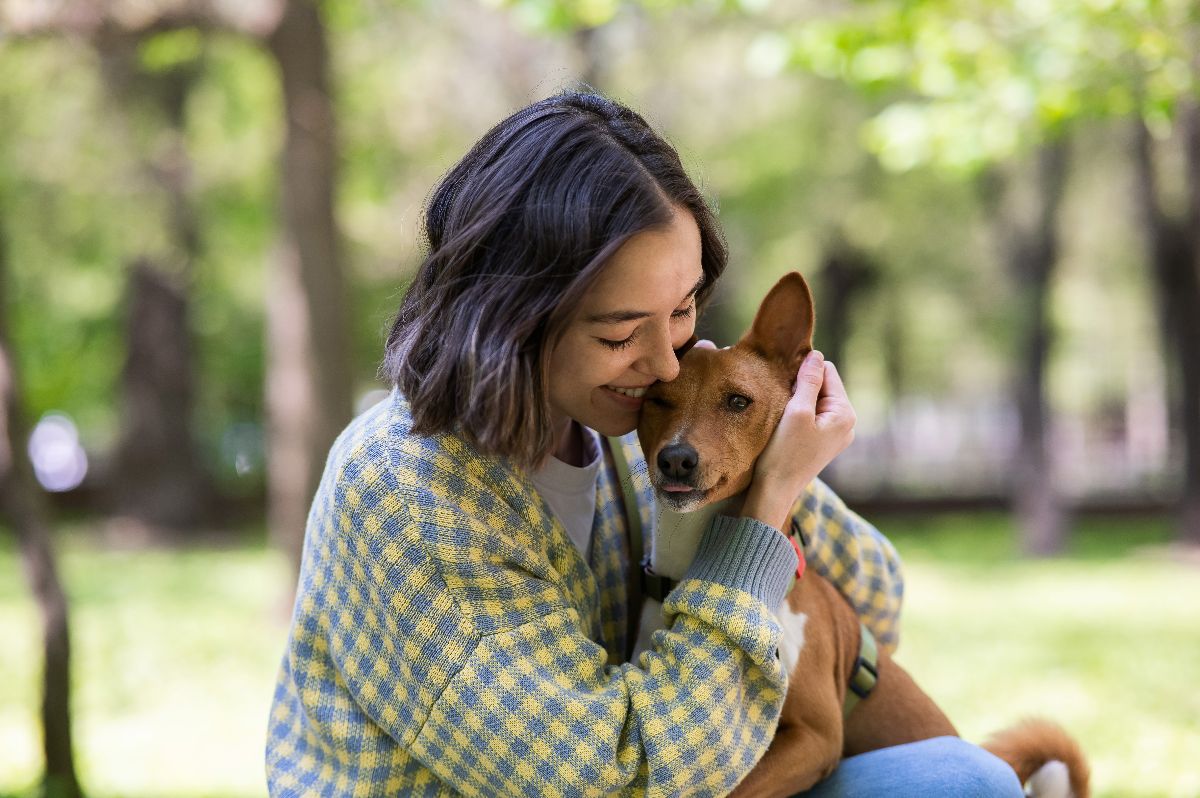 Shutterstock
Shutterstock
Dogs don’t just love—they commit. Their loyalty goes beyond good behavior and obedience—it’s a full-hearted, lifelong promise to stand by your side. From the moment they join your family, they choose you again and again, every single day. And while they may not speak our language, they show their devotion in a hundred little ways—through tail wags, soft eyes, and unwavering presence. When it comes to loyalty, dogs set the gold standard—and we’re so lucky to be loved by them.

 4 hours ago
2
4 hours ago
2

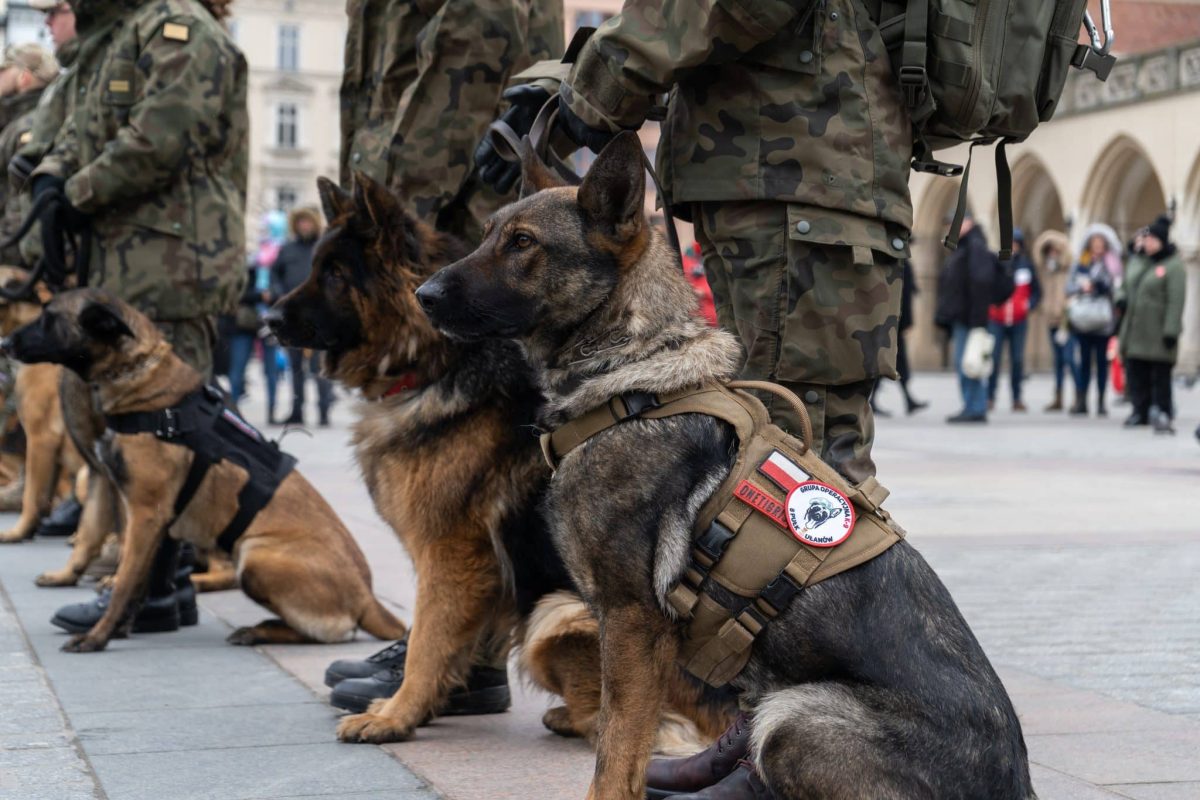
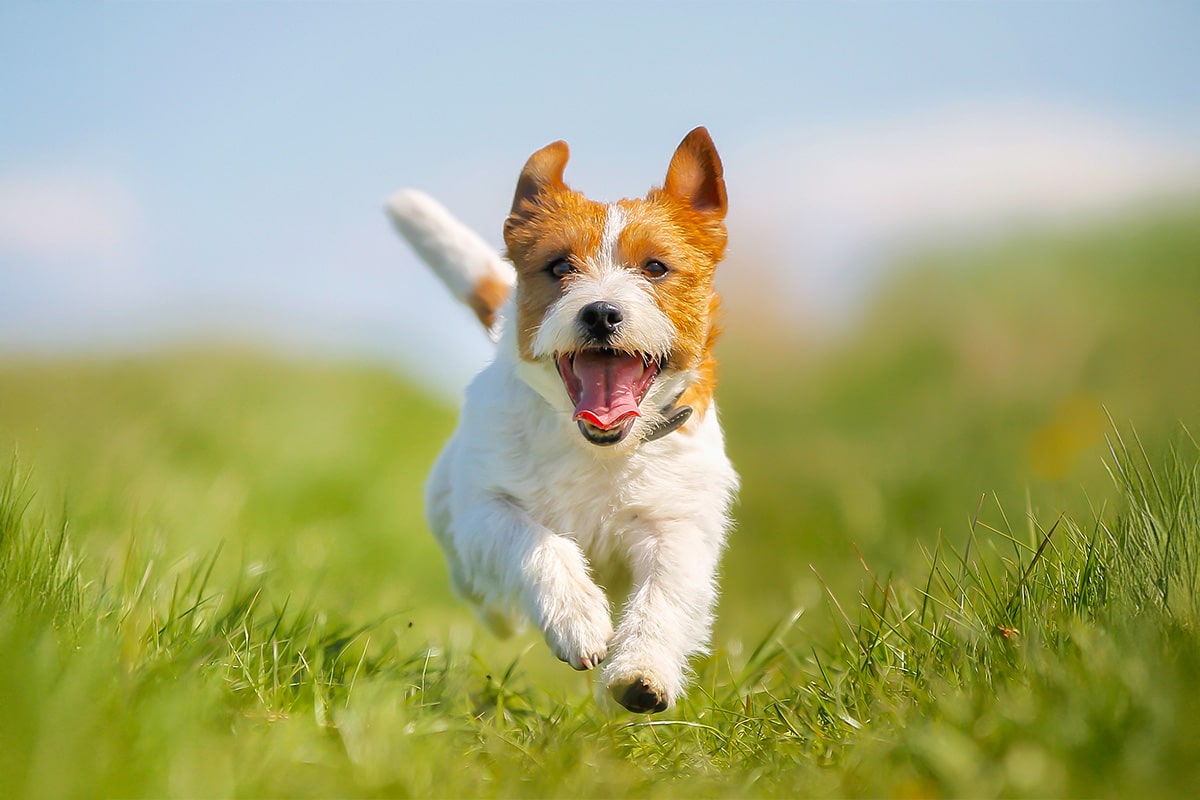
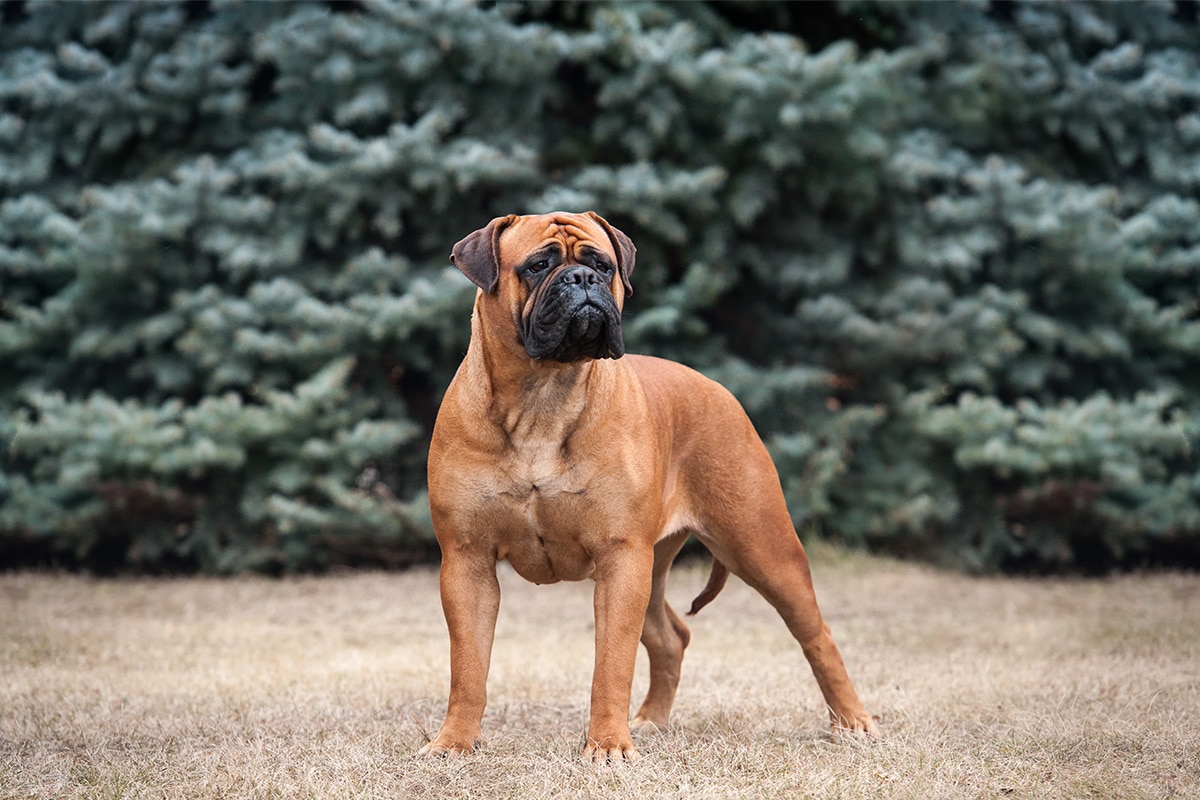
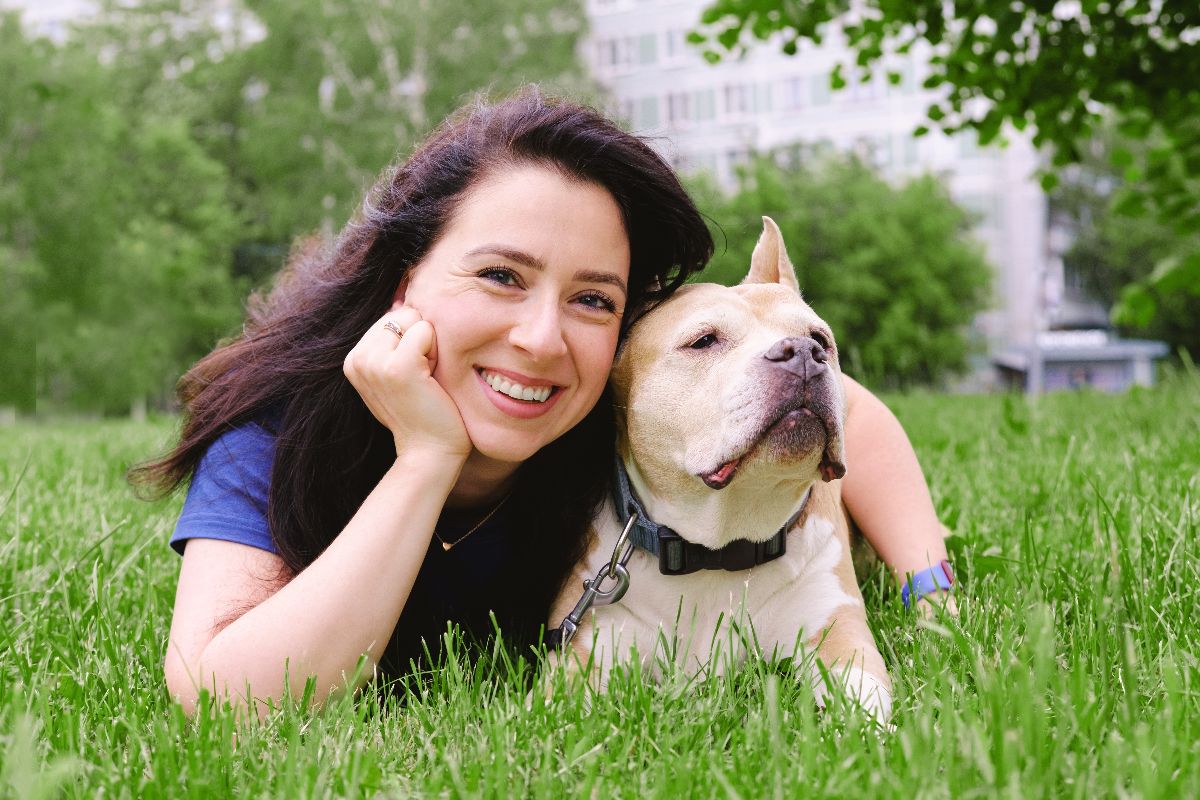




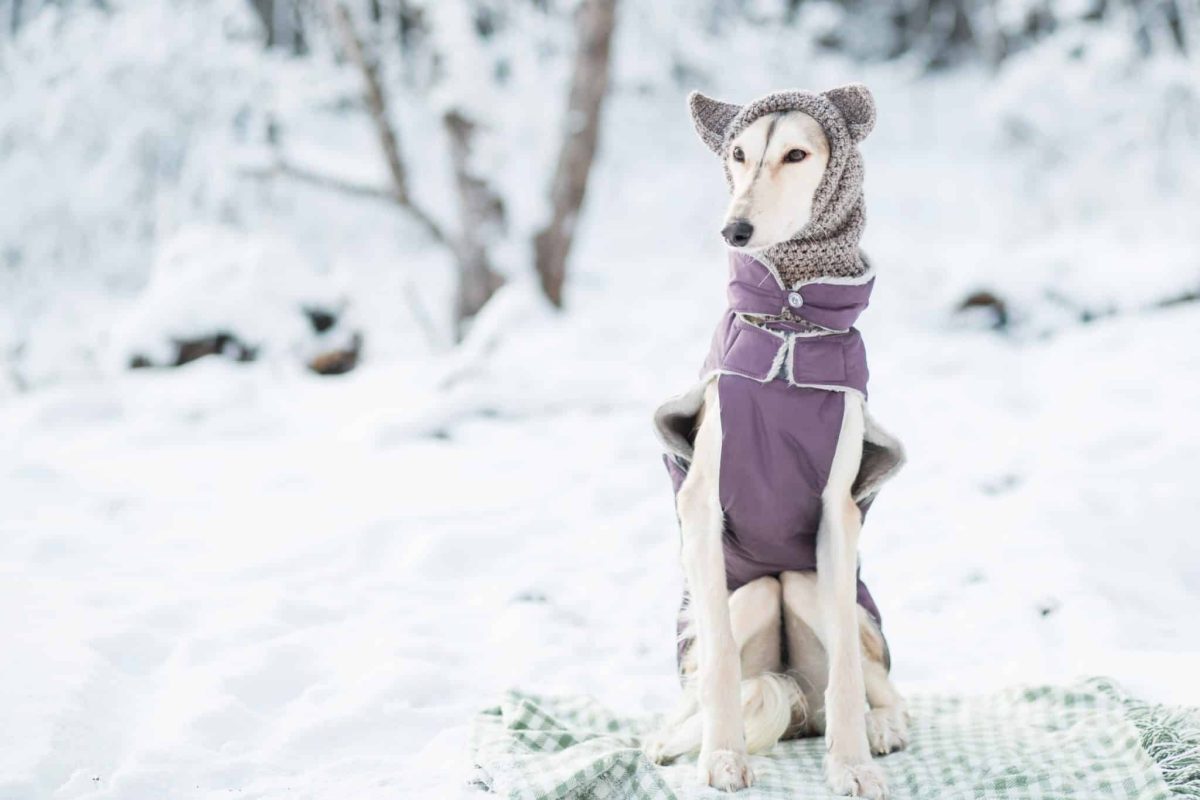

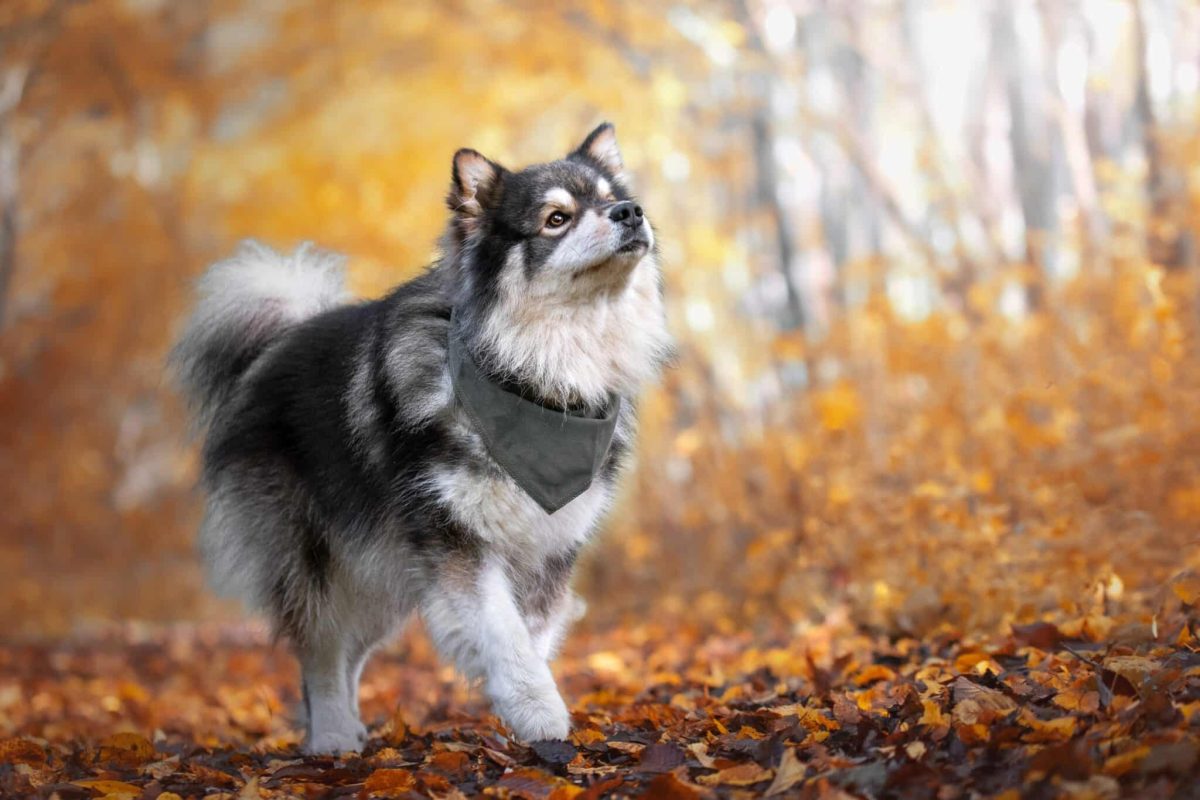



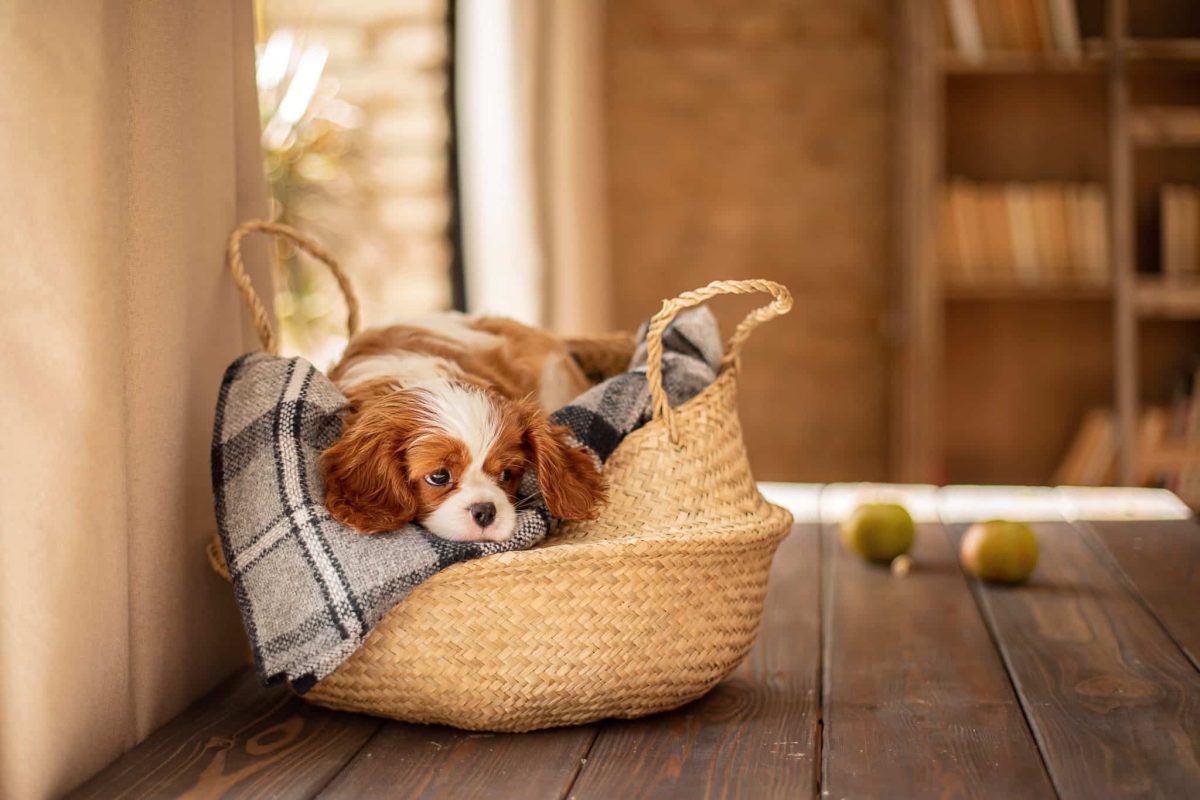

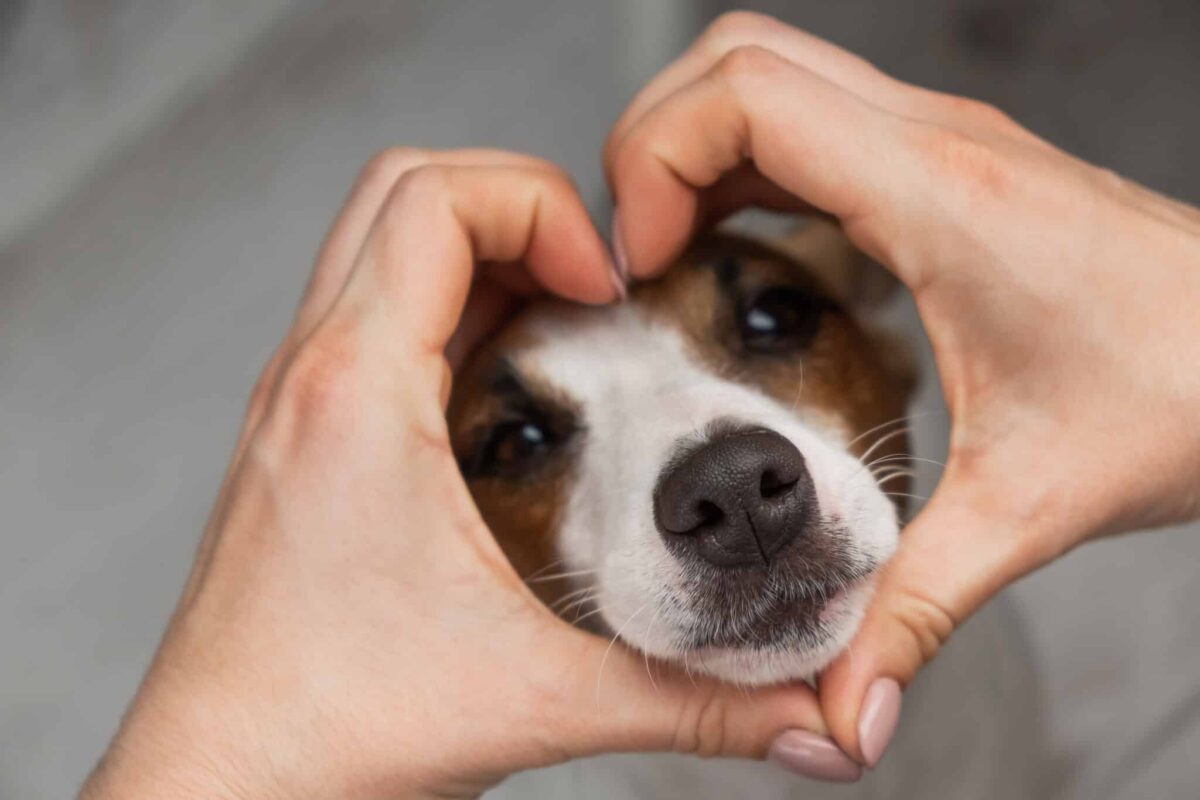
 English (US) ·
English (US) ·